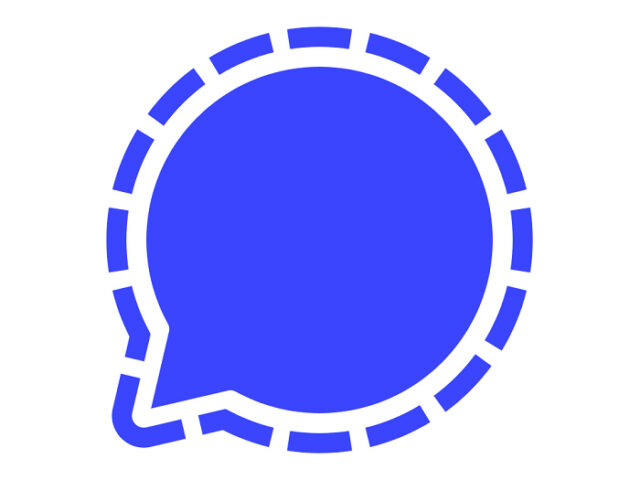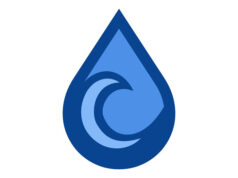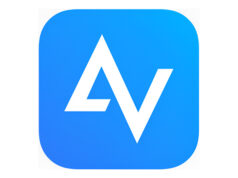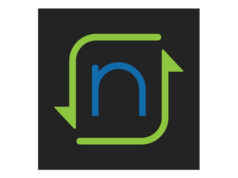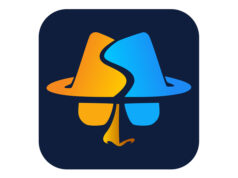Signal is a messaging application that is currently gaining popularity for its focus on security and privacy through automatic end-to-end encryption.
Signal is a private and secure messaging app designed to provide maximum privacy to users. It was developed by the Signal Foundation, a non-profit organization founded by Moxie Marlinspike and Brian Acton. The app is free and open-source, available for Android, iOS, and desktop platforms.
This application allows you to send and receive text messages as well as make and receive voice or video calls. Additionally, Signal places a strong emphasis on enhanced security through the use of open-source protocols.
Signal offers various privacy features such as disappearing messages, screen security, and recording protection. These features enable the app to compete in the messenger market with other popular applications like WhatsApp and Telegram.
Unlike some other messaging apps, Signal does not have a web client and is limited to desktop applications. This means you cannot access your Signal messages using a regular web browser. Instead, you must download and install the native app on your laptop or desktop. The desktop version is available for Windows, macOS, and Linux platforms. It requires at least 64-bit Windows, macOS, or a 64-bit Linux distribution with APT support such as Ubuntu or Debian.
One of the main advantages of this messenger is its end-to-end encryption system used for every message sent. This means that only the sender and the recipient can read the contents, while no third parties—including Signal itself—have access to them. This encryption also protects voice and video calls from interception.
In addition to end-to-end encryption, Signal provides other security features such as two-factor authentication (2FA) and app lock using fingerprint or PIN, ensuring that only the user can access the application and their personal data.
Unlike many other messaging apps, Signal collects very minimal user data. Messages sent through Signal are encrypted and can only be decrypted by the intended recipient. This provides a high level of security, especially for users with specific privacy needs.
The app’s desktop interface is very similar to the smartphone version. You can make video and voice calls, send voice messages, attach photos and videos, and use stickers.
Another strong advantage is cost—Signal is completely free to use.
All messages exchanged on the app are protected with end-to-end encryption, described as follows:
- Messages, files, images, and videos you send are converted into random code.
- That code is sent to Signal’s servers.
- The server then delivers it to the recipient.
- The key to decrypt the message is only available on the recipient’s Signal app, meaning only you and the recipient can read it. Signal itself cannot access the content.
While many other chat apps now offer similar encryption technologies, Signal stands out with several advantages.
Today, with personal data increasingly targeted by cybercriminals and privacy becoming a global concern, Signal plays a significant role in raising awareness about digital privacy.
Signal is more than just a messaging app—it represents a statement about the importance of individual privacy rights in a rapidly evolving digital world. It emphasizes strong encryption without sacrificing functionality or user experience.
One of its biggest changes is that the desktop app no longer depends on the mobile app—unlike WhatsApp, for example. After a one-time setup linking with your phone, the desktop version can operate independently.
| Latest Update | August 2, 2025 |
| Latest Version | 7.50.1 |
| Licence | Freeware |
| Developer | Signal |
| Operating System | Windows, macOS, Android, & iPhone/iPad |
Download Signal
Download the Latest Free Signal by clicking the button below.
WINDOWS [32/64-bit] [230.87MB]

